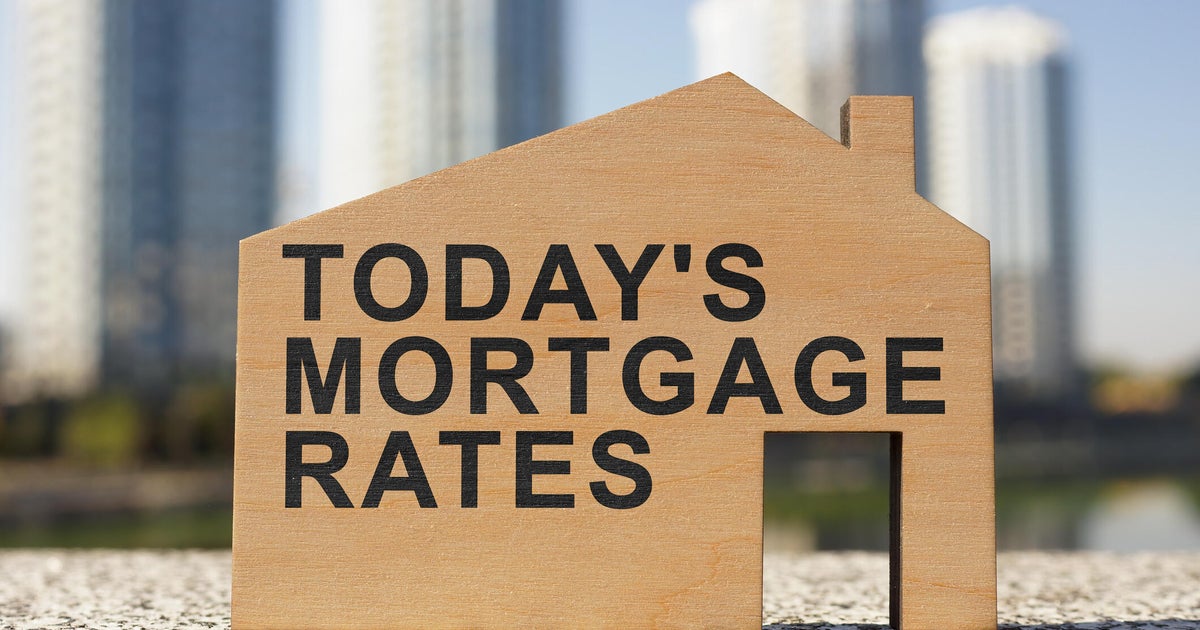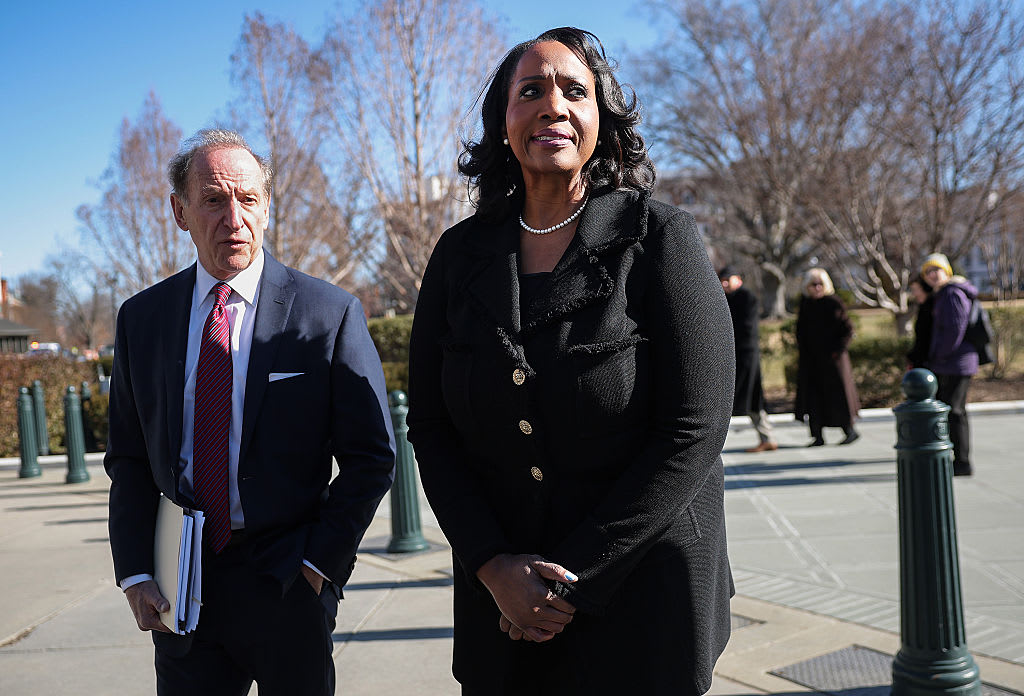Fed meeting: Interest rates left unchanged
The Federal Reserve is leaving short-term interest rates unchanged, while announcing a plan to start shrinking its massive bond holdings in a move to normalize its balance sheet.
The central bank's rate-setting panel, the Federal Open Market Committee, said Wednesday that it will keep the federal funds rate in a range of 1 percent to 1.25 percent. But Fed officials hinted that they may raise rates one more time by year-end if inflation rises. Their latest economic forecasts show policymakers expect three rates hikes in 2018, which would bring the benchmark rate to between 2 percent and 2.25 percent by the end of next year.
"Economic activity has been rising moderately so far this year," Fed Chair Janet Yellen said in a press conference to discuss the FOMC's announcement. "We think the economy is performing well."
"We are working down our balance sheet because we feel stimulus is no longer needed," she added.
Financial markets fell modestly immediately after the Fed announcement.
In the years that followed the 2008 financial crisis, the Fed bought trillions of dollars in U.S. Treasury and mortgage securities in a move to keep borrowing costs low and shore up sagging economic growth. The FOMC said Wednesday that, starting in October, it will reduce its $4.5 trillion balance by $10 billion a month, gradually rising over the next year to $50 billion a month.
The Fed ended the policy, known as "quantitative easing," in 2014 as the economy strengthened, but kept its balance sheet high by reinvesting the proceeds of existing bonds as they matured.
The central bank last raised its benchmark rate in June, lifting it by a quarter of a percentage point, the fourth increase since it started gradually pushing up rates in December of 2015. But the Fed's goal of normalizing monetary policy after years of "easy money" has been complicated by uneven economic growth.
The nation's gross domestic product accelerated to 3 percent between April and June after a lackluster start to the year. But in the current quarter, the pace of expansion has slowed to 1.7 percent, according to Macroeconomic Advisers, with hurricanes Harvey and Irma, among other factors, dampening activity.
The Fed expects the economy to expand at a "moderate" pace over the next few years, Yellen said. FOMC members' median forecast is for GDP of 2.4 percent this year and for it to hover around 2 percent through 2020.
Inflation -- a key gauge for policymakers use to decide whether to tap the economy's brakes by lifting interest rates -- also remains below the Fed's 2 percent target.
Notably, the Fed on Wednesday lowered its long-term forecast for the federal funds rate to 2.8 percent, down from 3 percent in its June forecast. That suggests officials expect economic growth to remain muted and for inflation to remain below target in the short-term, negating the need to raise rates. Yellen said the Fed expects inflation to gradually rise to 2 percent, while acknowledging that policymakers do not always understand what moves prices and wages.
"Inflation may accelerate in the short run from higher gasoline prices, but then settle back down," said Gus Faucher, chief economist with PNC Financial Services Group, in a note.
Other signals point to a healthier economy. The job market remains solid, pushing the nation's unemployment rate down to 4.4 percent. The Fed expects joblessness to fall even further, to just over 4 percent, in the next few years. Stocks have also set a string of record highs.
"Job gains have remained solid in recent months, and the unemployment rate has stayed low," the FOMC said in its policy statement. "Household spending has been expanding at a moderate rate, and growth in business fixed investment has picked up in recent quarters."
A key longer-term question for the Fed is who will lead the central bank when Janet Yellen's term as chair expires in February. President Donald Trump is expected to announce a nominee, who must be confirmed by the U.S. Senate, within weeks.
Market analysts think Yellen remains in contention for a new term, while former Fed Governor Kevin Warsh is widely viewed as another leading candidate. Yellen declined to comment on her plans in answering reporters' questions after the FOMC announcement.
"If history is any guide, then we would expect Trump to renominate current Fed Chair Yellen," analysts with Keefe, Bruyette & Woods said in a note to clients. "Historically, first term presidents renominate sitting Fed chairman. Part of the reason for this pattern is continuity. Presidents want a known quantity to run monetary policy."
By contrast, White House economic adviser Gary Cohn's odds of helming the Fed are thought to be slipping, according to KBW and other analysts.
Cohn, director of the National Economic Council and the former president of Goldman Sachs (GS), was once tipped as Yellen's possible successor. But his prospects appear to have faded because of his critical response to President Trump's handling of the clashes in Charlottesville, Virginia.
-- The Associated Press contributed to this report



